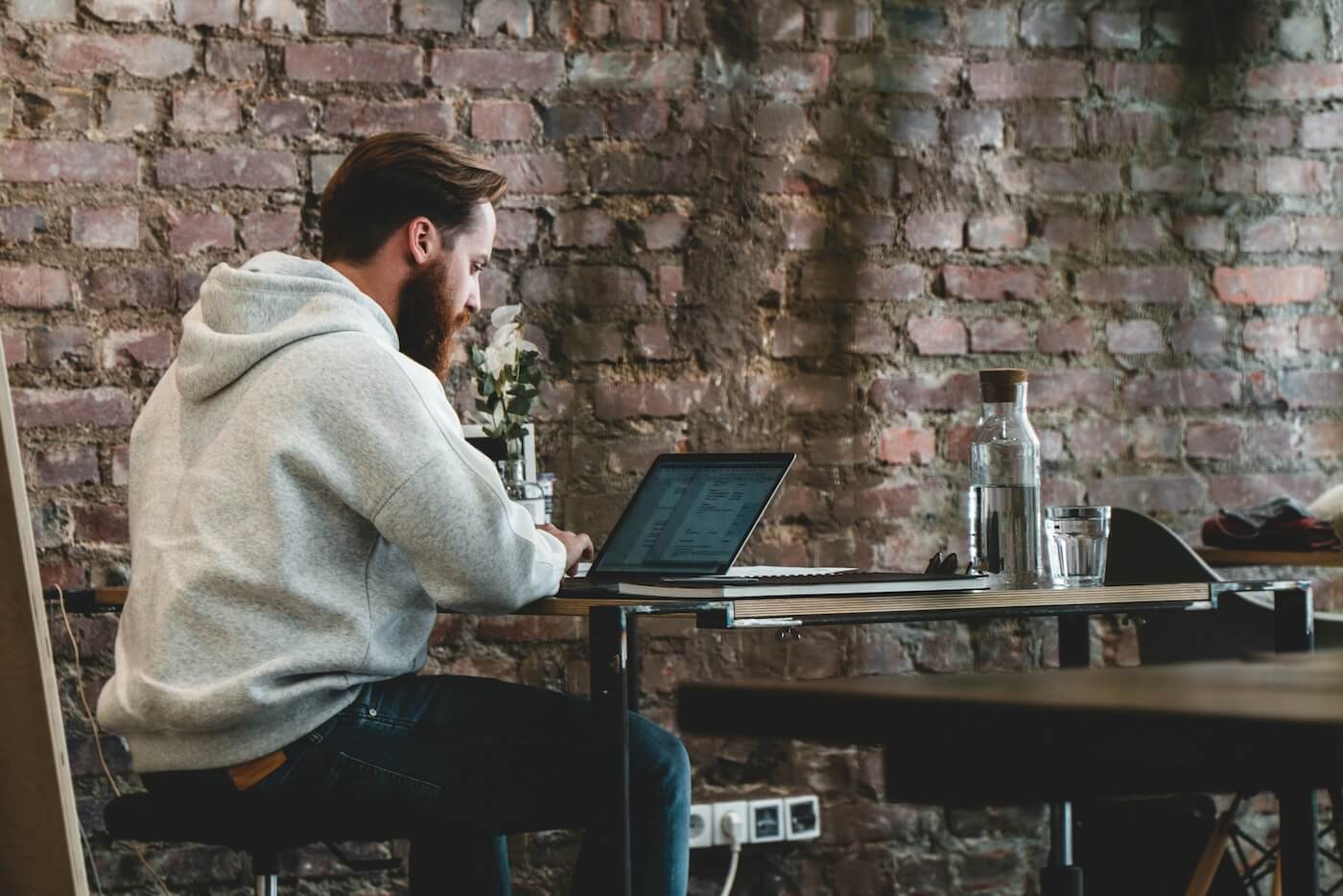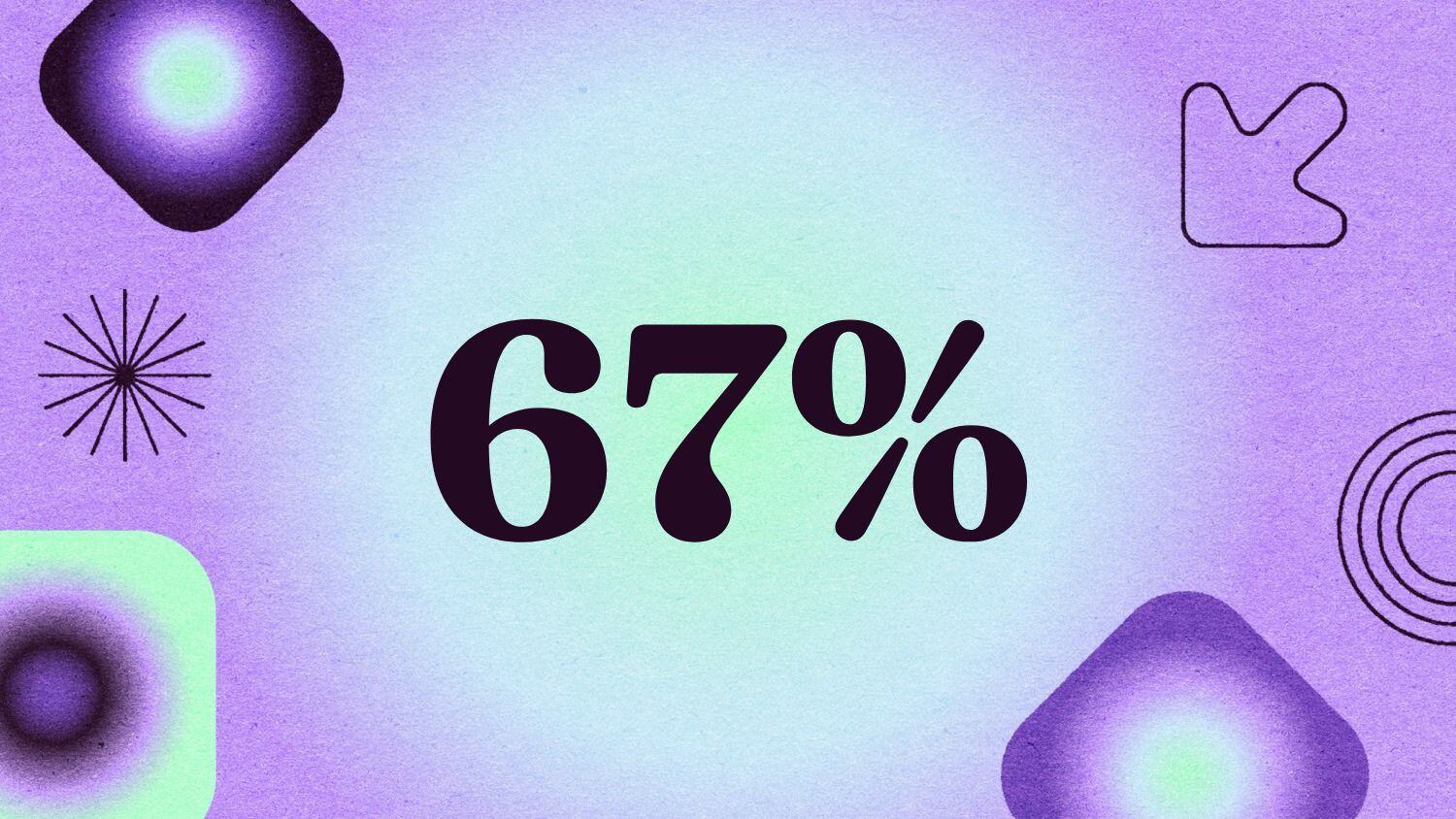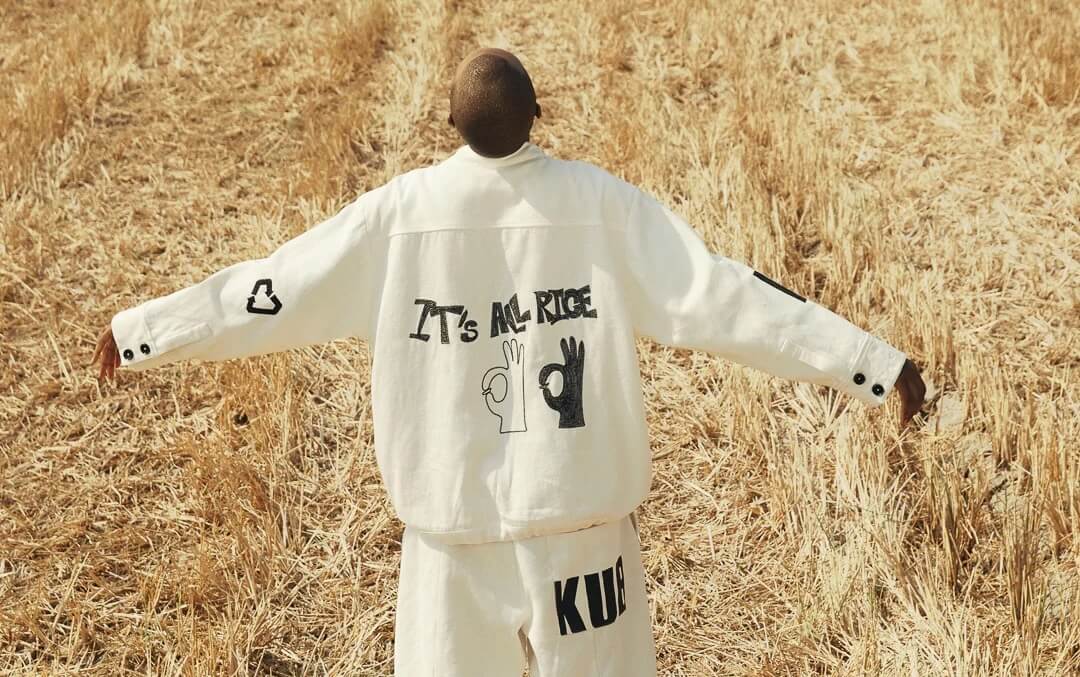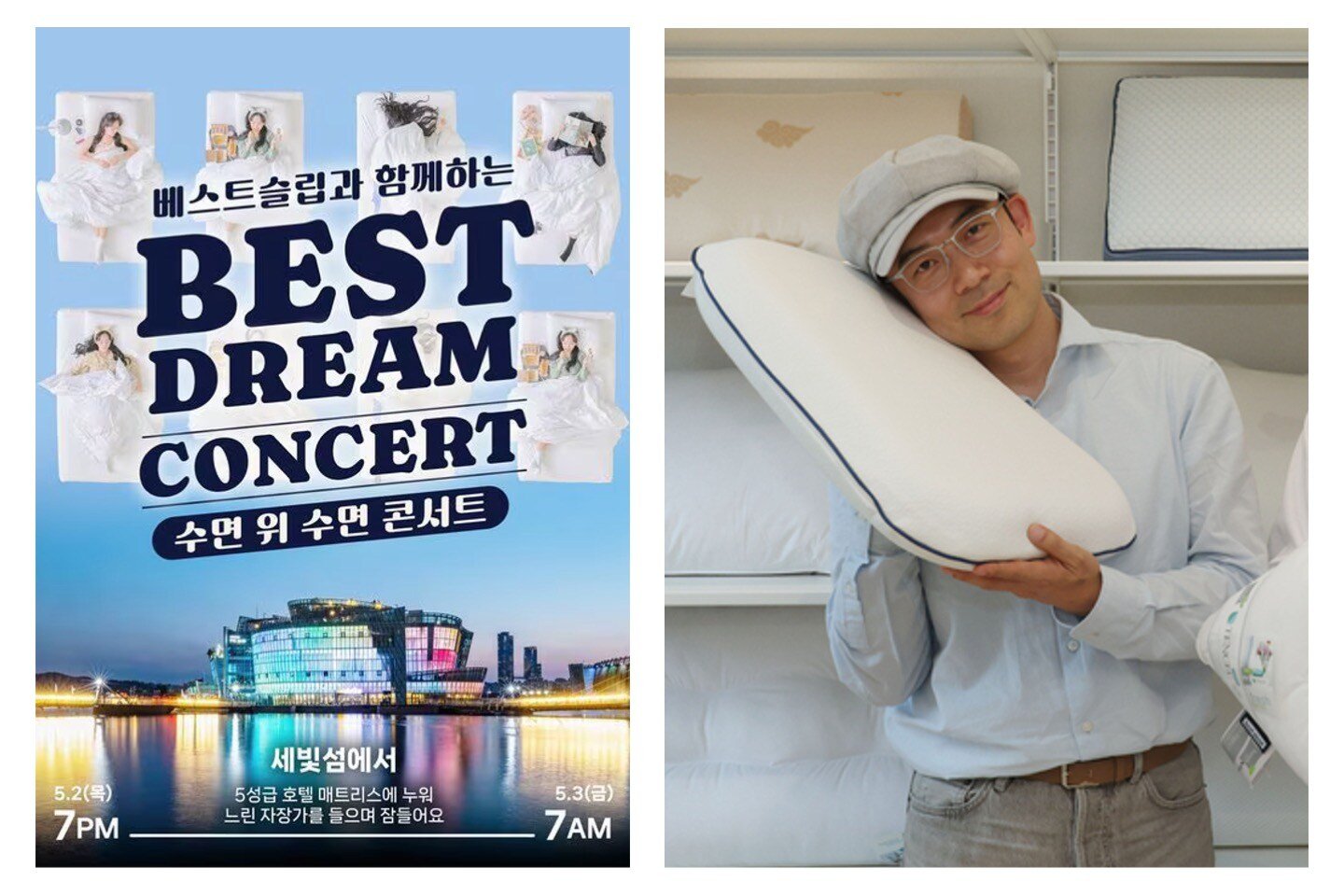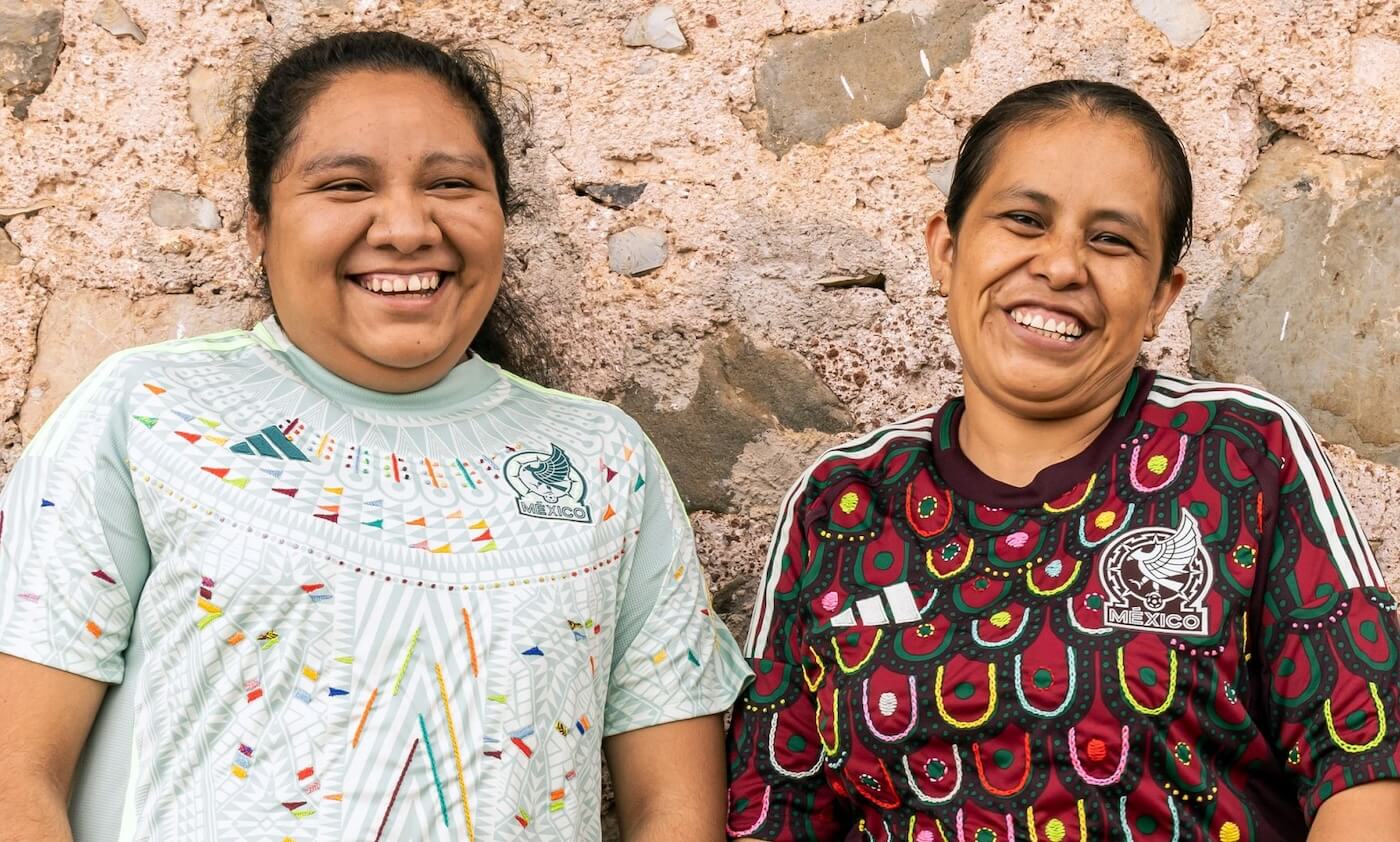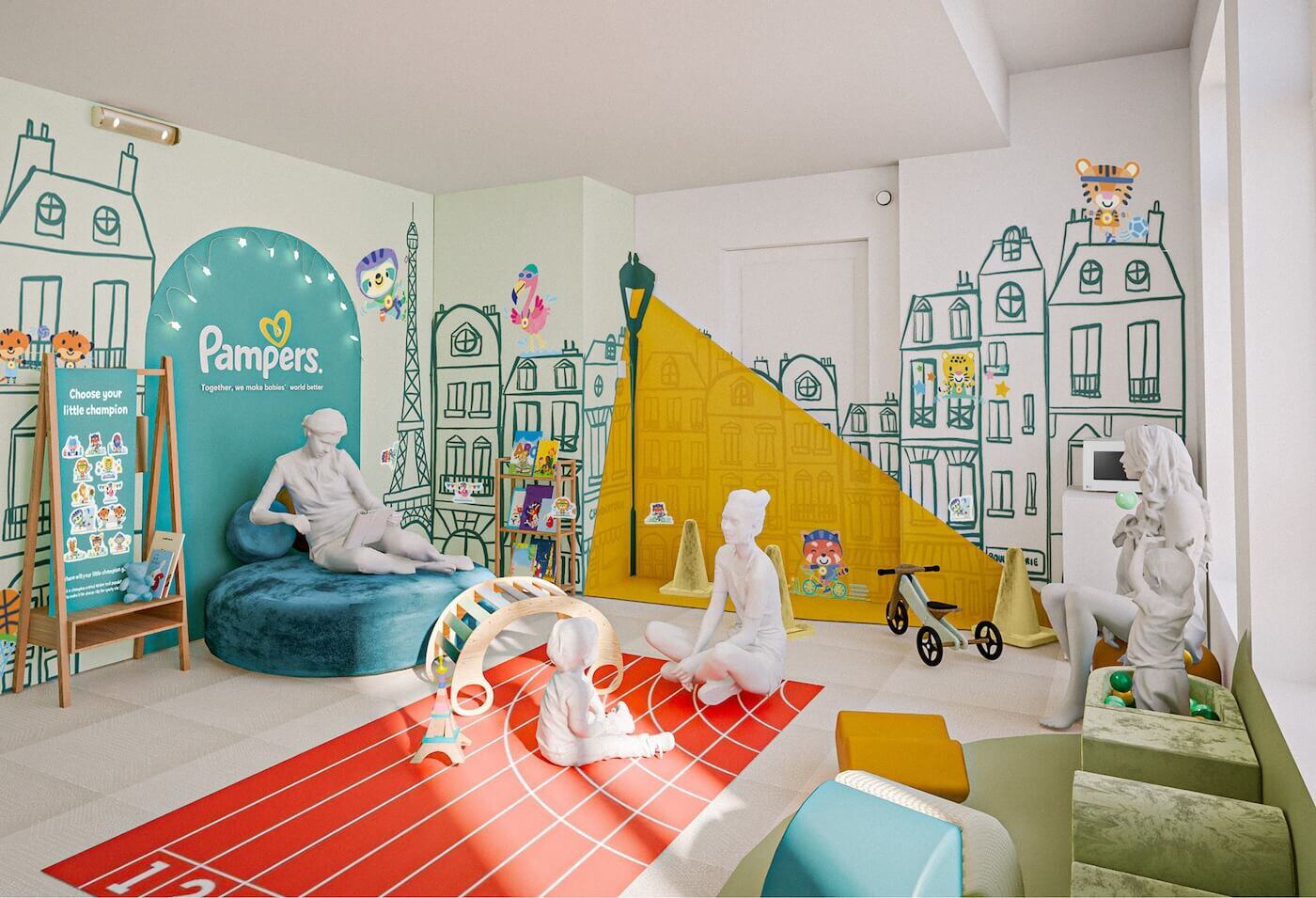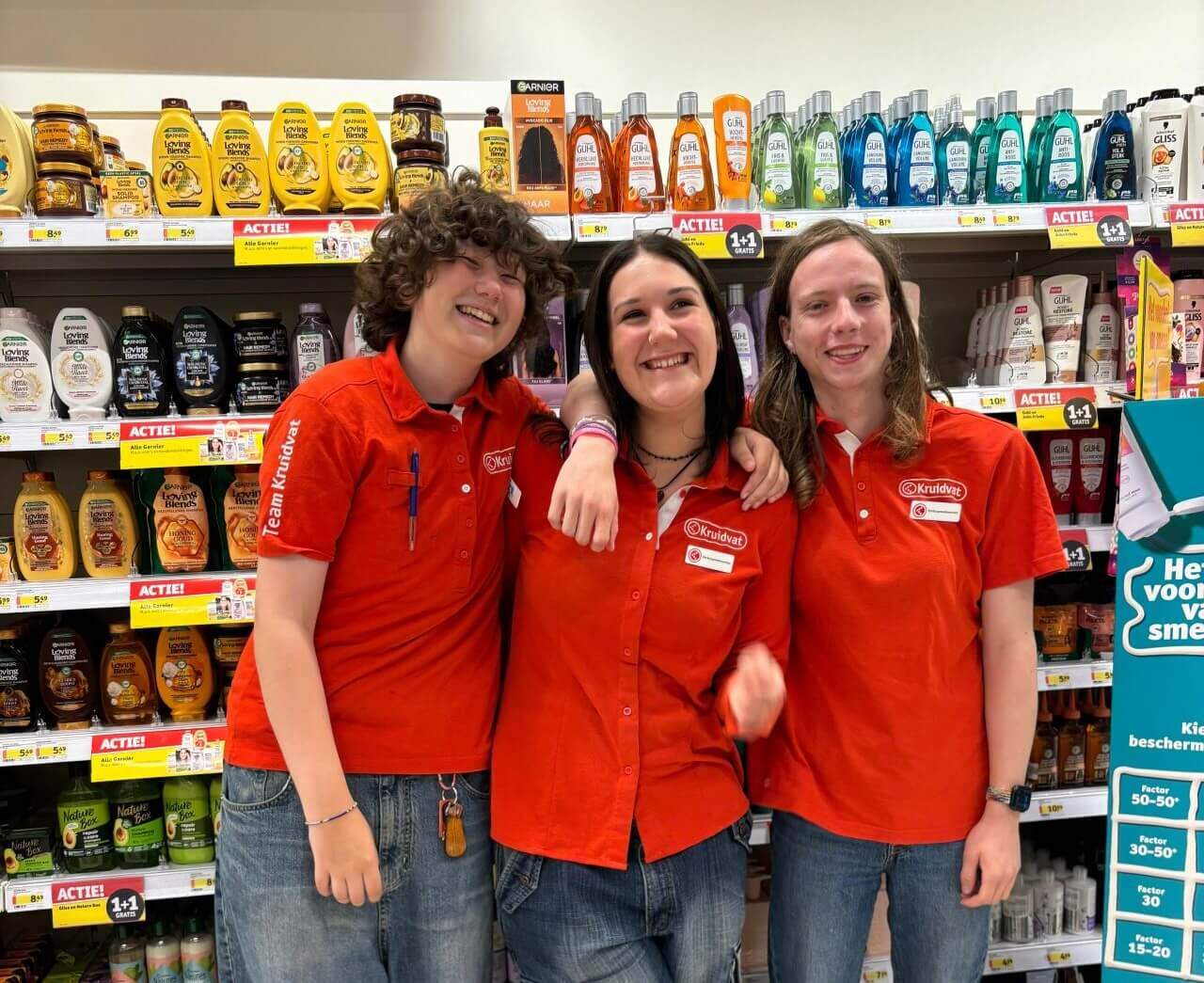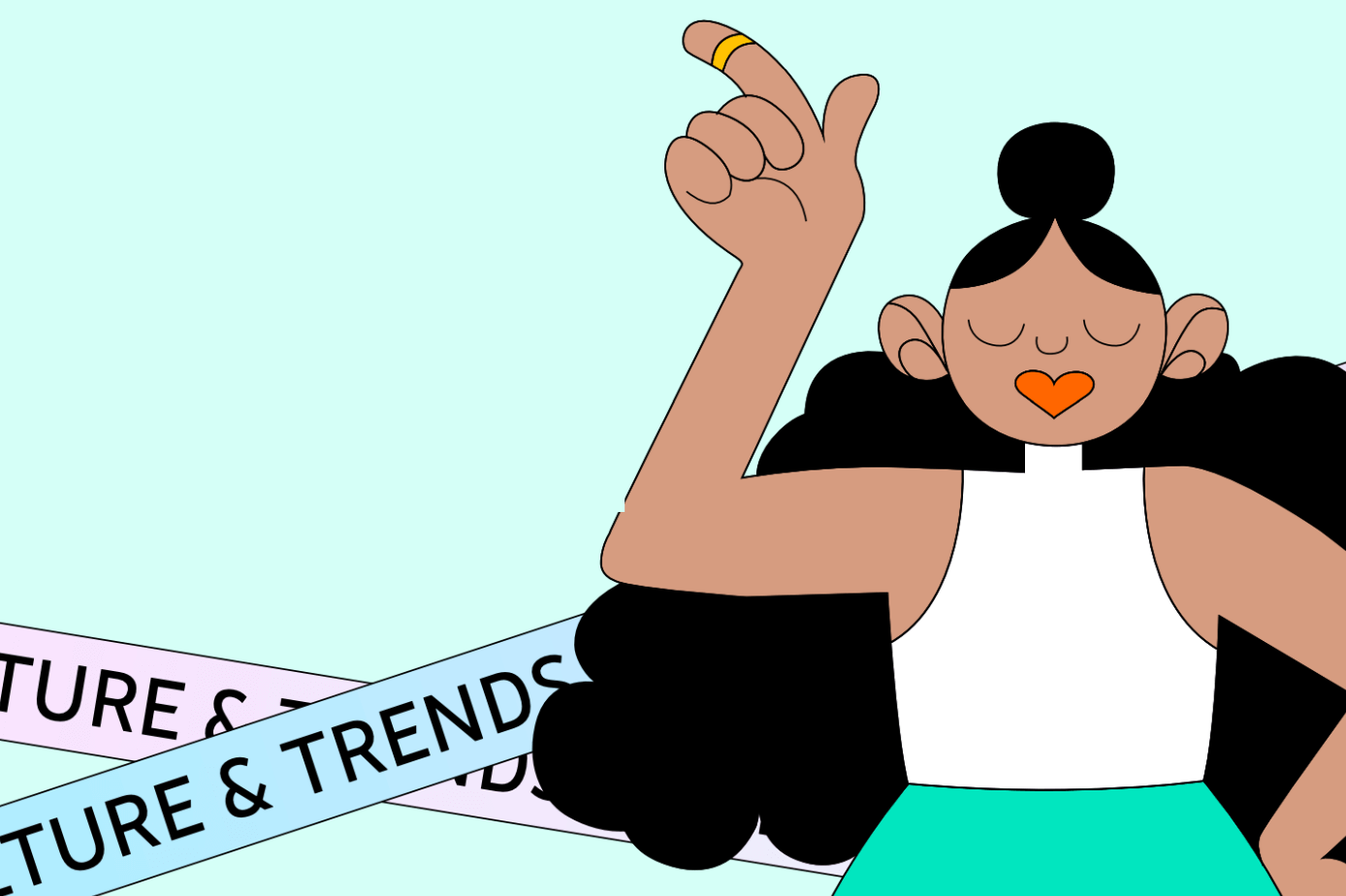South Korean event agency Nominom hosted the 'Best Dream Concert,' the first sleep concert in Korea. Designed to help those suffering from insomnia and sleep deprivation, the event featured artists performing soothing, slow-tempo music live over 12 hours from 7 pm to 7 am. Attendees could also participate in a light yoga class to unwind before bedtime. Instead of seats, beds and pajamas were provided for each concertgoer. Held in Q2 2024, the event sold out quickly, with tickets priced at KRW 70,000 (approximately USD 50).
What's the one thing that comes to mind when you think of South Korea? K-pop, most likely. However, the global success of K-culture is just one facet of the country’s meteoric growth. One study estimated that between the 1960s and 1990s, South Korea’s economy grew by 1,500% while per capita income increased eightfold. That economic miracle isn't without a price — the push for progress has fostered a hyper-competitive society, and the nation is now grappling with a mental health epidemic and the highest suicide rates among OECD countries.
However, South Koreans, predominantly younger generations, are hitting back and making a stand for wellness. Counter-culture movements like ‘hitting mung’— the notion of sitting somewhere to space out — became popular in the early 2020s. There’s also an annual competition for who can be the best at ‘doing nothing’ (the irony there is not lost on us).
The pursuit of wellness isn’t limited to South Koreans — in China, young people are checking themselves into ‘junior nursing homes’ to reset and find respite from demanding urban lifestyles. In cultures that chase betterment at all costs, being the master of your own time and (head)space is now the ultimate luxury.
The opportunity for brands here is clear: how might you promote and foster a counter-culture that normalizes prioritizing self-care and wellness?

